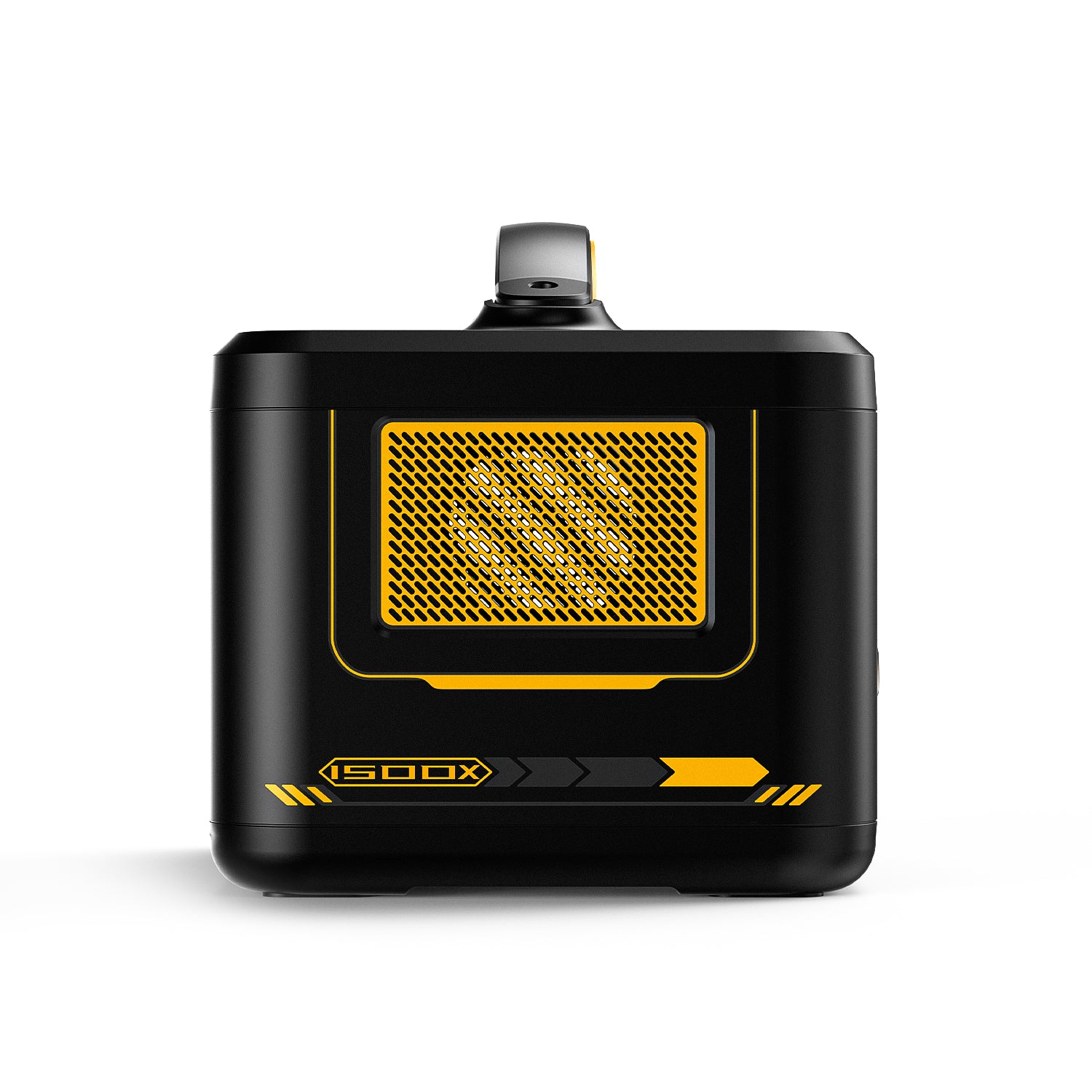Camping Generator Safety Precautions Everyone Should Know
Corps
When it comes to camping, a generator can be a valuable tool to provide power for various appliances and devices. However, it is crucial to prioritize safety when using a camping generator to avoid accidents and ensure a pleasant camping experience. In this article, we will explore some essential camping generator safety precautions that everyone should know.

Choosing the Right Generator
Before delving into safety precautions, it is important to select the right generator for your camping needs. Consider the power requirements of the appliances and devices you plan to use during your camping trip. Ensure that the generator you choose has sufficient wattage to handle the load without overloading or overheating.
Additionally, opt for generators with built-in safety features such as automatic shut-off mechanisms in case of fuel leaks or overloading. These features can provide an extra layer of protection and peace of mind.
Proper Placement and Ventilation
When setting up your camping generator, it is crucial to place it in a well-ventilated area. Generators emit carbon monoxide, a colorless and odorless gas that can be extremely dangerous if inhaled in high concentrations. To prevent carbon monoxide poisoning, place the generator at least 20 feet away from your camping area and ensure that the exhaust is directed away from tents or enclosed spaces.
Furthermore, avoid placing the generator near flammable materials such as dry leaves or gasoline. Keep a clear and open space around the generator to minimize fire hazards and ensure proper airflow.
Grounding and Electrical Safety
Proper grounding is essential to prevent electrical shocks and protect both yourself and your camping equipment. Make sure to connect your generator to a grounding rod using a grounding wire. This will help redirect any electrical faults or surges into the ground, reducing the risk of injury or damage.
When connecting appliances or devices to the generator, use heavy-duty extension cords that are designed for outdoor use. Inspect the cords for any signs of damage or wear before use, and avoid overloading them with excessive wattage. Overloaded cords can overheat and pose a fire hazard.
Maintenance and Fuel Safety
Regular maintenance is crucial to ensure the safe and efficient operation of your camping generator. Follow the manufacturer's instructions for maintenance tasks such as oil changes, filter replacements, and spark plug inspections. Keep the generator clean and free from debris to prevent overheating and potential malfunctions.
When refueling the generator, always turn it off and allow it to cool down before adding fuel. Use approved fuel containers and avoid spilling fuel on the generator or surrounding areas. Gasoline is highly flammable, so take extra precautions to prevent accidents.
By following these camping generator safety precautions, you can enjoy a worry-free camping experience while ensuring the safety of yourself and others. Remember, safety should always be a top priority when using any type of generator.






commentaires